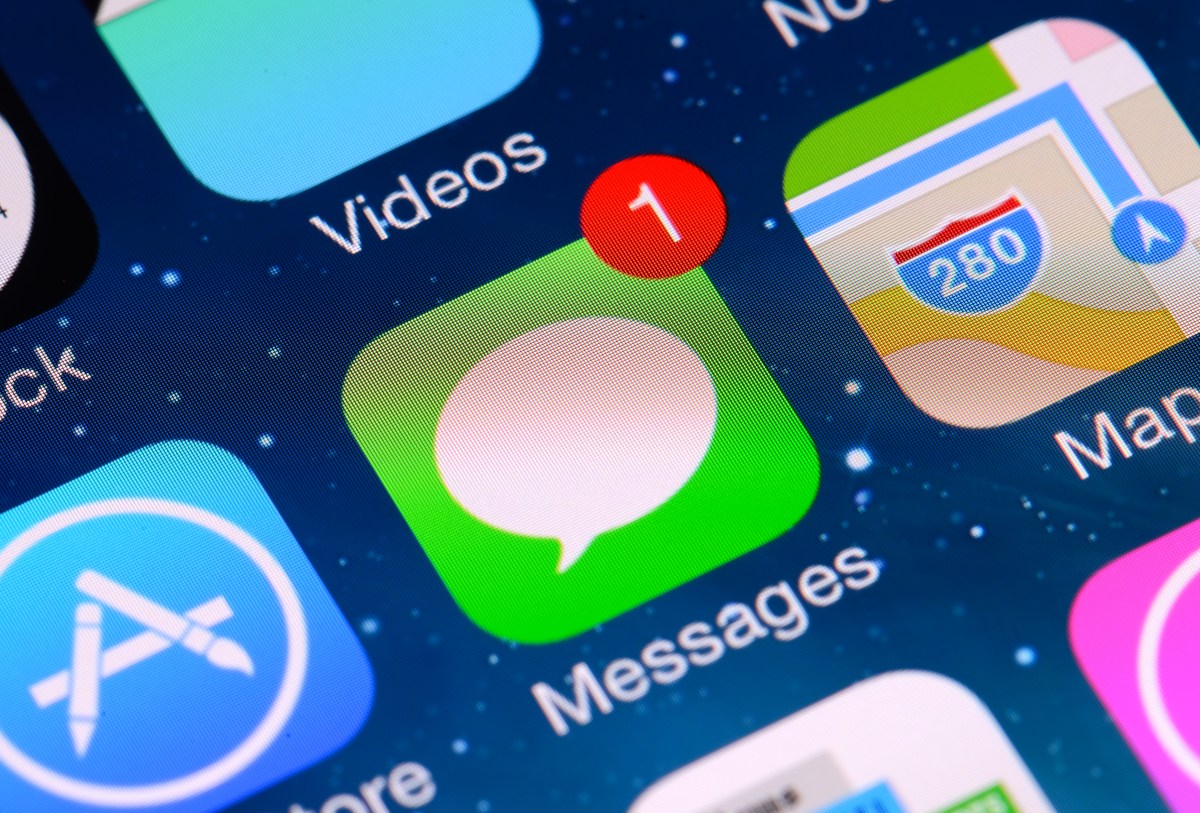Earlier today, the United States Department of Justice filed an antitrust lawsuit against Apple, focusing on various anticompetitive practices. One aspect highlighted in the suit is the discussion around “green bubbles” and “blue bubbles.”
When an iPhone user sends a message to another iPhone user, it is done using Apple’s iMessage protocol by default. This protocol offers features like end-to-end encryption, read receipts, typing indicators, and high-quality media sharing. However, when messaging an Android user, the communication switches to the less secure SMS protocol, indicated by green bubbles.
The DOJ pointed out that this distinction can have a significant impact on certain demographics, such as teenagers, where iPhones dominate with an 85% share. This shift becomes even more apparent in group chats, where the lack of cross-platform compatibility can pose challenges.
Apple executives, as noted in emails presented in the lawsuit, have expressed concerns about making iMessage available on Android as it could potentially impact iPhone sales and create fragmentation among users. Additionally, the DOJ has raised issues about Apple’s treatment of third-party messaging apps on its platform, limiting their functionalities compared to Apple Messages.
While RCS (Rich Communication Services) was expected to improve SMS messaging, Apple has been slow to adopt the protocol due to encryption concerns. The emergence of mandatory RCS support in China has prompted Apple to reconsider its stance on the technology.
With cross-platform encryption being successfully implemented by apps like WhatsApp and Signal, the DOJ’s focus on the “green bubbles” versus “blue bubbles” debate may seem misplaced. However, the ongoing regulatory scrutiny, along with the Digital Markets Act in the EU, suggests a growing interest in Apple’s ecosystem by authorities worldwide.
For more information on Apple’s antitrust lawsuit, click here.


